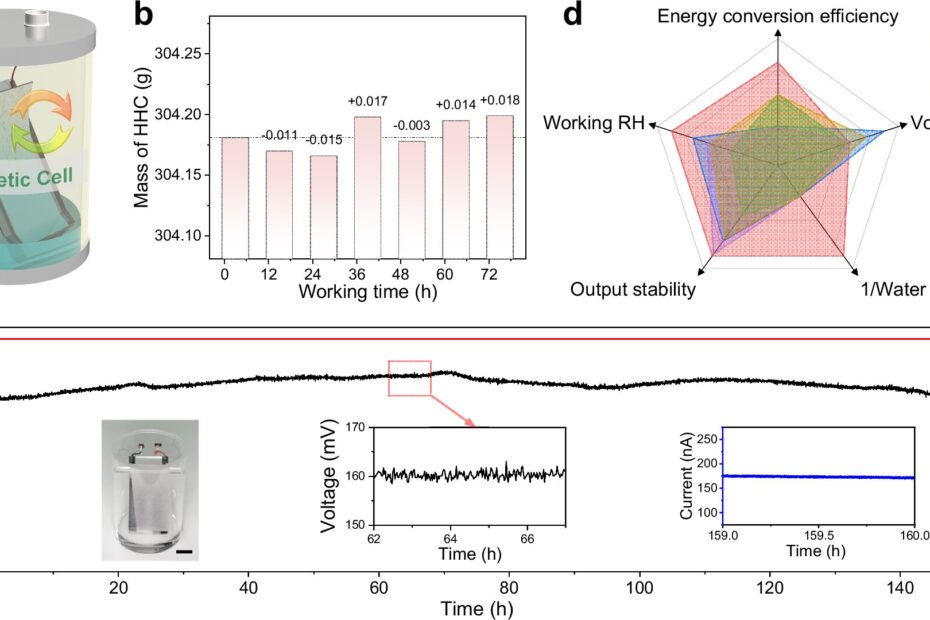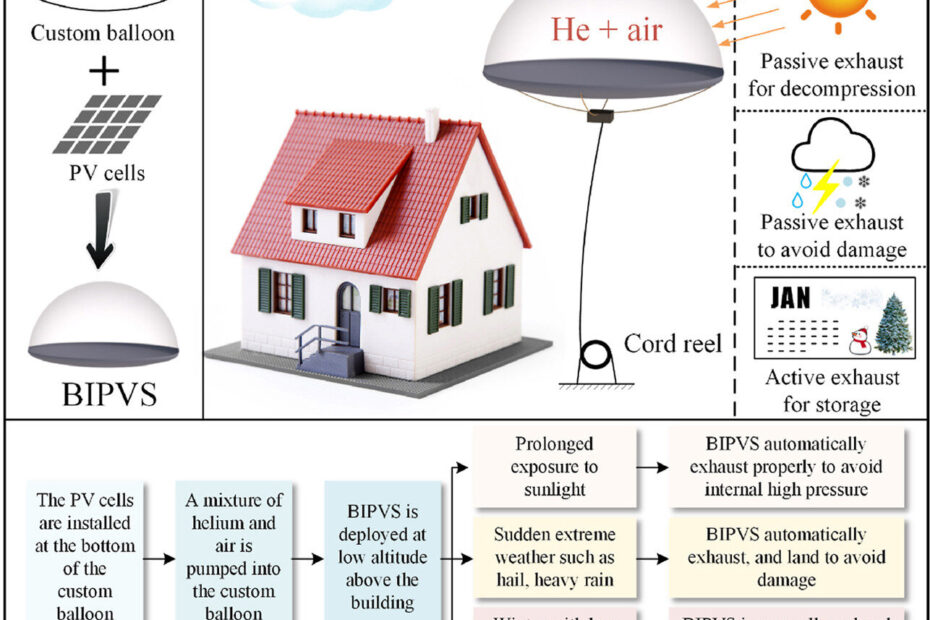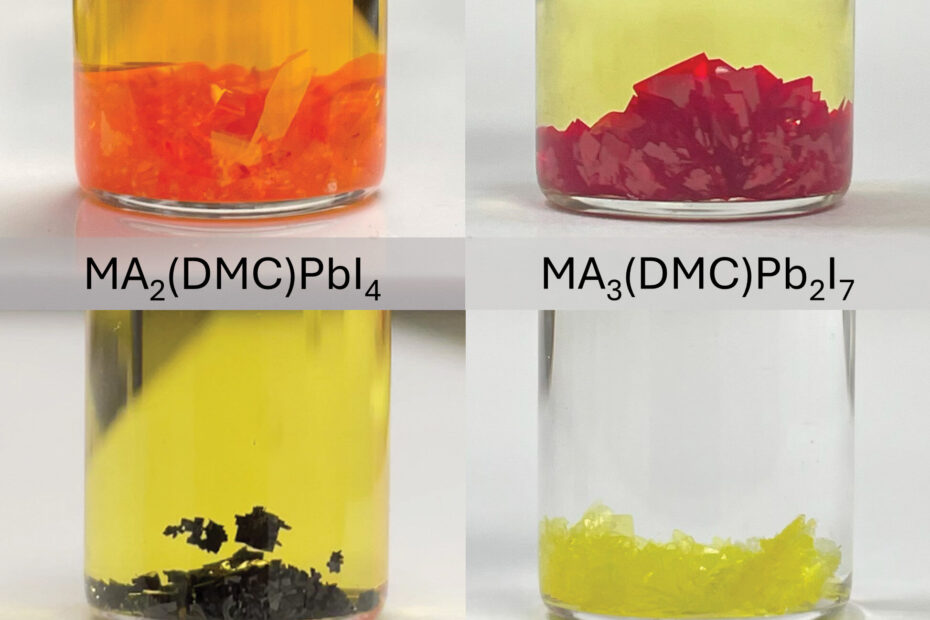Carbon-14 Diamond Battery: A Long-Lasting Power Solution
Scientists and engineers from the University of Bristol and the UK Atomic Energy Authority (UKAEA) have successfully developed the world’s first carbon-14 diamond battery. This… Read More »Carbon-14 Diamond Battery: A Long-Lasting Power Solution





